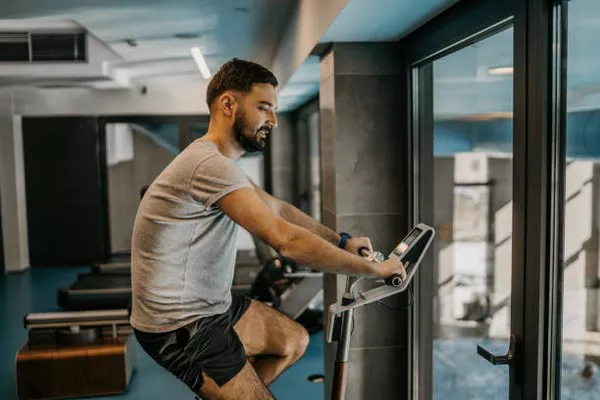In a groundbreaking study featured in Healthcare, researchers from the University of South Australia have evaluated the effectiveness of the “15-Minute Challenge,” a mobile health (mHealth) initiative designed to boost workplace wellness through brief, daily exercise sessions. This program aligns with the World Health Organization’s (WHO) 2020 guidelines, which recommend 150–300 minutes of moderate-intensity or 75–150 minutes of vigorous-intensity exercise per week to lower all-cause mortality risk by 20–30%.
Promoting Physical Activity in Workplaces
According to the WHO, consistent physical activity can significantly reduce the risk of chronic illnesses such as cardiovascular disease, diabetes, and obesity. Despite its known benefits, many adults fail to meet the recommended activity levels, contributing to widespread health challenges. The typical work environment often fosters sedentary behavior, further exacerbating these issues.
The 15-Minute Challenge aims to counteract these trends by incorporating mHealth technology and behavioral economics to encourage daily physical activity. By focusing on a manageable 15-minute daily commitment, the program aims to make exercise more accessible and sustainable. It leverages gamification techniques, including team challenges and social sharing, to enhance participant motivation.
Study Overview
The study utilized a retrospective cohort design to assess the impact of the 15-Minute Challenge across various workplaces in Australia, New Zealand, and the United Kingdom. The six-week program involved daily 15-minute exercise sessions tracked via a mobile app featuring gamification elements.
Participants provided self-reported data on their health and well-being, including energy, fitness, mood, sleep quality, and overall health, both at the beginning and end of the program. The app also collected data on user engagement and interaction.
The effectiveness of the program was measured through statistical analyses comparing initial and final health outcomes. Metrics included participation rates, retention rates, and feedback on user satisfaction and perceived benefits.
Key Findings
The study engaged 11,575 participants from 73 companies across the U.K., Australia, and New Zealand, who collectively recorded 19 million minutes of physical activity. By the study’s conclusion, 70.8% of participants continued with the program, with a median daily exercise duration of 45 minutes and an average of 34 active days.
Significant improvements were noted in several health metrics: sleep quality (+7.6%), mood (+7.1%), energy levels (+11.6%), overall health (+7.7%), and fitness (+14%). Additionally, the proportion of participants meeting or exceeding international physical activity guidelines surged from 57.3% to 95.4% during the program.
Feedback was overwhelmingly positive, with 92% of participants expressing a willingness to recommend and rejoin the program. However, only 42% reported reduced stress levels. Overall, the program demonstrated efficacy in enhancing physical activity levels and improving health outcomes, underlining its potential as a valuable workplace wellness intervention.
Conclusions
The 15-Minute Challenge has proven effective in significantly increasing physical activity and enhancing various aspects of health among employees. By the program’s end, most participants met or surpassed international activity guidelines, and high satisfaction rates were reported.
These findings underscore the potential benefits of workplace wellness programs, including improved mental and physical health, increased productivity, and reduced absenteeism. However, the study’s reliance on self-reported data and the lack of a control group pose limitations, potentially introducing biases.
Future research should aim for more robust study designs, such as randomized controlled trials, to validate these results. Additionally, exploring long-term health impacts and the program’s effects on workplace outcomes like morale and productivity could provide further insights.


